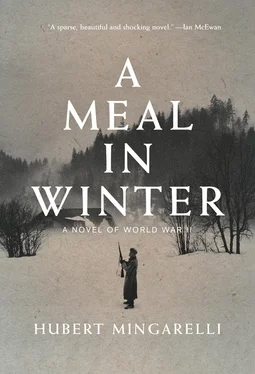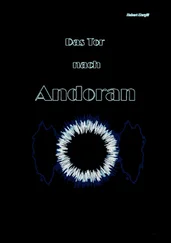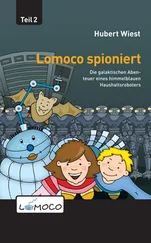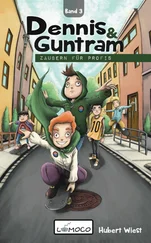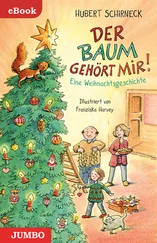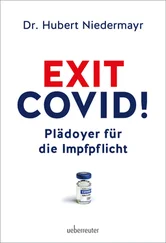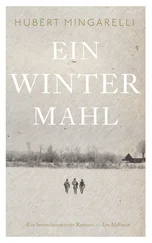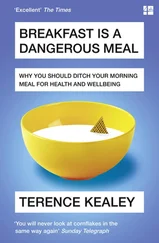Bauer gave the signal. He took a slice of salami from the saucepan and accompanied it with a mouthful of toasted bread. Everyone else followed suit.
Thus began the strangest meal we ever had in Poland.
Outside, through the window, the light was dim and still fading. The flames in the stove lit us up from behind. As we ate, our shadows accompanied us by dancing on the table.
SO, ONE LAST time, this is where each of us was, how we were eating, and what we were eating with. Emmerich, Bauer and I were sitting on the bench, in that order. Emmerich and Bauer were both eating from the saucepan, and I was eating from my mug. The Pole, standing next to Emmerich, was eating from Bauer’s mug with the spoon he’d carved from the storeroom door. Facing him, standing next to me, the Jew was eating from Emmerich’s mug, without a spoon.
The soup was tasty, hot and filling. The bread was still warm. We made noises as we ate. The fire, behind us, added its own sounds. What a beautiful music, or silence, that was: the sounds of the food in our mouths and the fire in the stove.
All of it — onions, salami, cornmeal — melted in the mouth. We were happy again. Occasionally, without meaning to, I caught the Jew’s eye. What I read in his eyes had no meaning at all. I mean to say that, the way he looked at me, he seemed to be saying that all of this — what we were eating, the fire in the stove, the evening light coming through the window — had, for him, no meaning at all. But he ate. He picked up the cornmeal with his fingers, then licked his fingers and drank the soup in small mouthfuls. The melted lard left traces of white around his lips.
Several times, I saw Emmerich lift his head from the saucepan he was sharing with Bauer and look up at the ceiling. Then he looked at the Jew, and went back to the saucepan. Bauer and he ate politely, each waiting for the other to take a spoonful of soup before putting their own spoon in.
Behind us, the Pole’s dog had fallen back to sleep, and now and then it made little whimpers.
As we ate, and the soup disappeared, the music changed. The spoons made more noise in the mugs and the saucepan. Suddenly, out of nowhere, Emmerich murmured, ‘We should let him go.’
‘What?’ Bauer asked. ‘Who are you talking about?’
‘Him,’ Emmerich replied, pointing to the Jew with his spoon, without looking at him.
‘What are you on about?’ Bauer asked. ‘Why?’
But Emmerich said nothing. For a moment, we waited.
‘Come on, why?’ Bauer insisted.
‘I don’t know. Because.’
‘You should eat,’ Bauer said in a quiet, kind voice.
Emmerich started eating again.
I finished my bread. I glanced at Emmerich. I didn’t know what he’d meant, really. I fished the last slice of salami from the soup, and before eating it I said to Bauer, ‘This is the best meal we’ve ever had.’
‘Yeah.’
He pointed to the Pole’s flask. ‘That’s good stuff. It tastes bad when you drink it, but for cooking. . we should have it every day.’
‘We should tell Kropp,’ I joked.
I had just swallowed the salami when Emmerich, in the same murmur he’d used before, said, ‘It’d make us feel better, don’t you think?’
For a moment, I thought he was talking about Kropp, the cook. I had no idea what was supposed to make us feel better. But Bauer, quicker than me, asked him: ‘What are you talking about, Emmerich? What would make us feel better?’
His spoon hanging in mid-air, Emmerich turned towards the Jew and said, ‘Letting him go.’
‘What for?’ Bauer asked.
‘In the future, when we thought about him, we’d feel better.’
‘I don’t see why,’ said Bauer.
The Pole, hearing us, sat up straight and watched us tensely.
‘You,’ Bauer told him, ‘look away and eat.’
To Emmerich, he asked: ‘What would have been the point of us freezing our balls off?’
‘We’d have been freezing anyway.’
‘But we were out in it all day. And now you want to let him crawl back into his hole?’
Emmerich looked down at the saucepan. After a moment, he started eating again.
But Bauer wouldn’t let it go. ‘Come on. What for?’
Emmerich sighed, but almost imperceptibly, like a cow in a distant field. The Jew, having drunk all his soup, held the mug close to his lips and used two fingers to scrape the last bits of cornmeal into his mouth. Then, when he noticed me watching him, he looked embarrassed and stopped what he was doing. But he had no spoon, so it was fine for him to eat like that. I signalled that he should continue. Bauer, sitting with his shoulder against mine, shot me a look, referring to what Emmerich had begun saying. Then he stood up, and I heard him putting more wood in the stove.
From the corner of his eye, Emmerich watched the Jew, who had begun eating with his fingers again.
‘Great idea to use that door,’ said Bauer, returning to the bench. ‘It’s as good as coal.’
‘Yeah,’ I said. ‘It saved us.’
He took a big spoonful of cornmeal from the saucepan. Swallowing it, he sighed with satisfaction. It really was cooked to perfection, and it tasted good too. The salami was the dominant flavour. To begin with, we’d felt like we were losing it by putting it in the soup. But not any more. It was true, I thought: we should tell Kropp about our recipe.
Everyone was finishing their cornmeal now. We were scraping the sides and the bottom. Soon, it was all gone.
The Pole finished his soup in a hurry, perhaps because he thought that Bauer might take the mug off him, or perhaps because the hunger was gnawing at him more and more. His spoon went straight from the mug to his mouth, never stopping for a second, although all it held each time was a few bits of cornmeal.
Bauer and I finished eating, both of us thinking of what Emmerich had said about the Jew. It was circling around in our heads and our bellies now. We were still hungry, but we’d lost a bit of the happiness we’d felt at the beginning.
Emmerich pushed the saucepan slowly towards Bauer, to let him know he could finish it on his own.
‘You sure?’ Bauer asked.
Emmerich nodded.
‘There’s still a bit left,’ Bauer said.
‘I know,’ said Emmerich. ‘But I’m fine.’
While Emmerich took out a cigarette to mark the official end of his meal, Bauer stared into the saucepan as if he were reading something, and said, ‘Why should he go back to his hole? We went to so much trouble. We left without eating breakfast. We froze our balls off. What was the point of it all?’
Emmerich took his time lighting the cigarette. Then he leaned across so he could see us both, Bauer and me.
‘The point is, at least we’d have done it once.’
He took a drag on his cigarette. He drummed on the table. He fidgeted like crazy. And then he turned as still as a statue.
‘How many have we killed?’ he asked, trying to control his voice. ‘It’s making us sick. We’ve had it up to here. We should let him go. When we think about him, we’ll feel better.’
He looked straight ahead, and then at the ceiling, and said, ‘When we dream at night, we’ll dream about him.’
‘Personally,’ said Bauer, ‘I’ll feel sick tomorrow if Graaf makes us stay there because we didn’t bring any back. I’m feeling sick now, just thinking about it.’
‘Me too,’ said Emmerich. ‘But if we look beyond tomorrow, we’ll be able to remember that at least we’ve done it once.’
‘I can’t look beyond tomorrow,’ Bauer said.
He began scraping the cornmeal from the sides of the saucepan. I had almost finished mine. It had gone cold and made a crust at the bottom of the mug. Bauer noticed this, and lifted the saucepan to give me some more because he had more left than I did. I lifted my hand to say no, thank you.
Читать дальше
